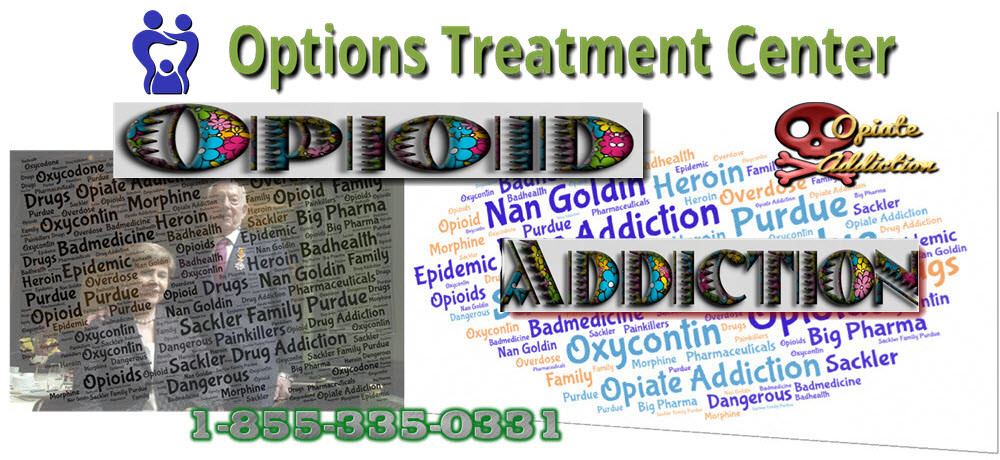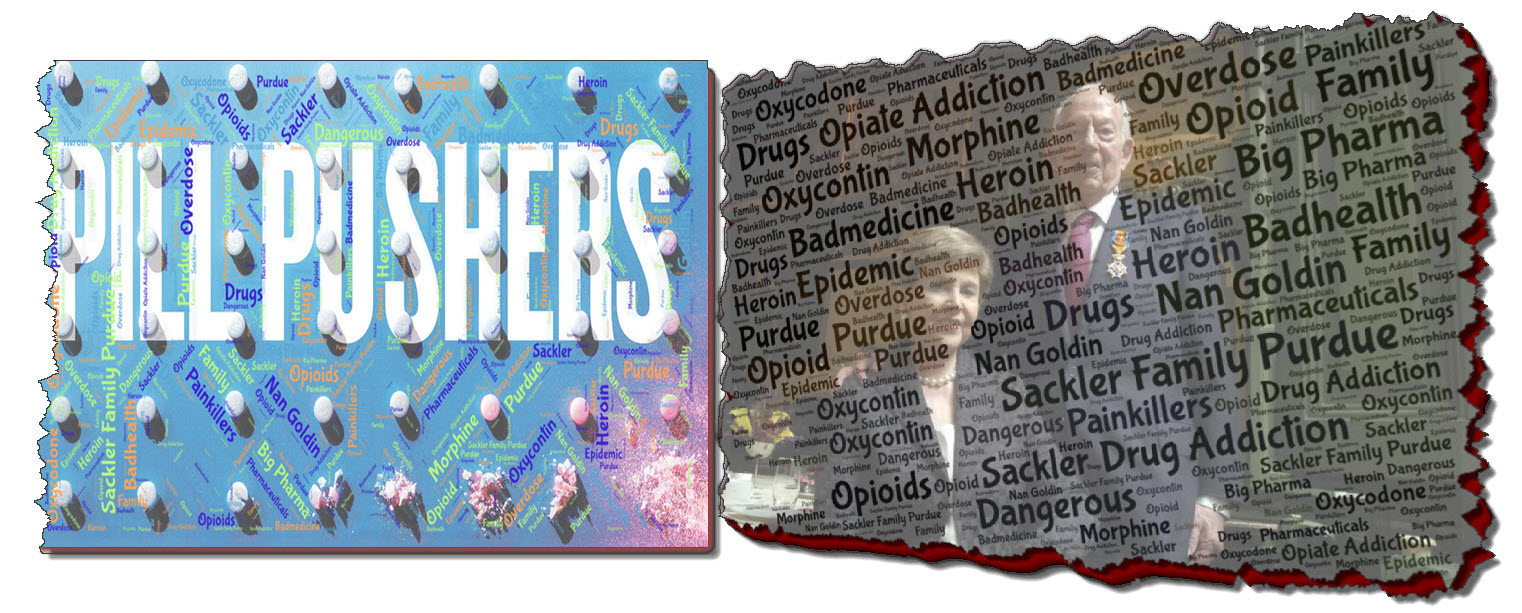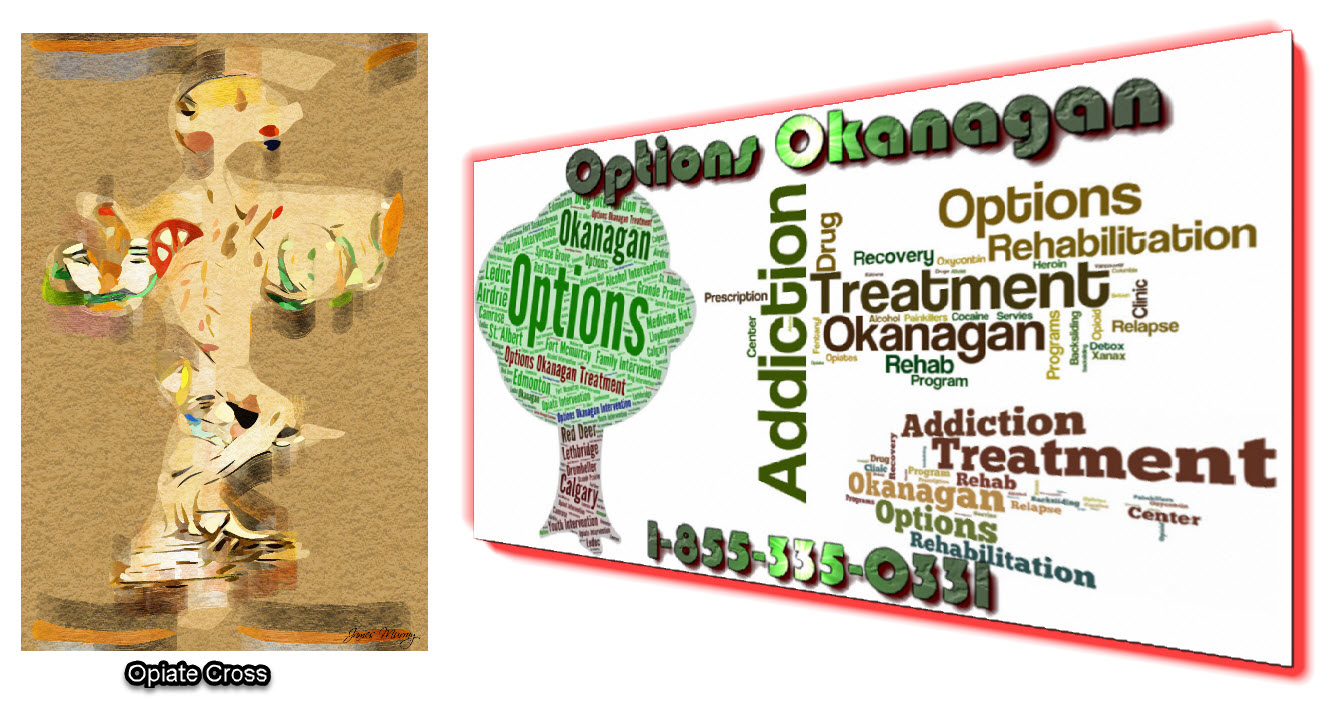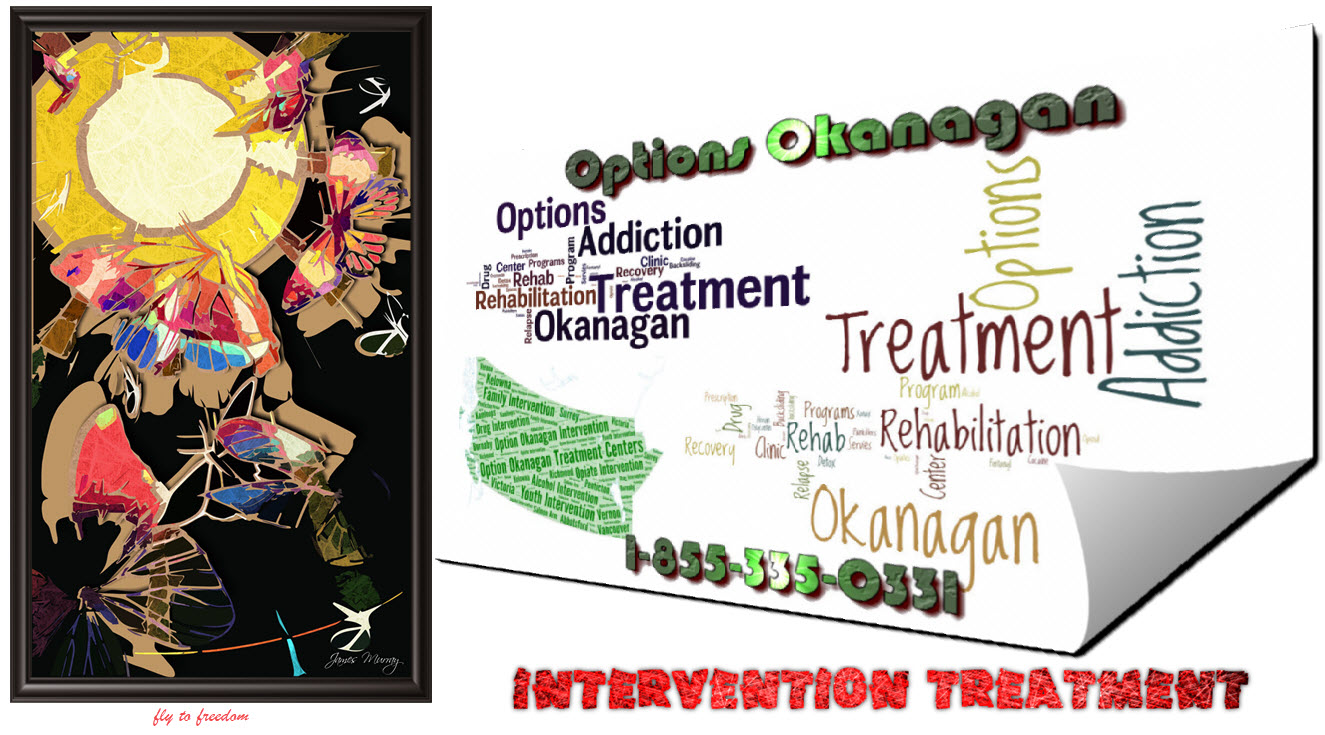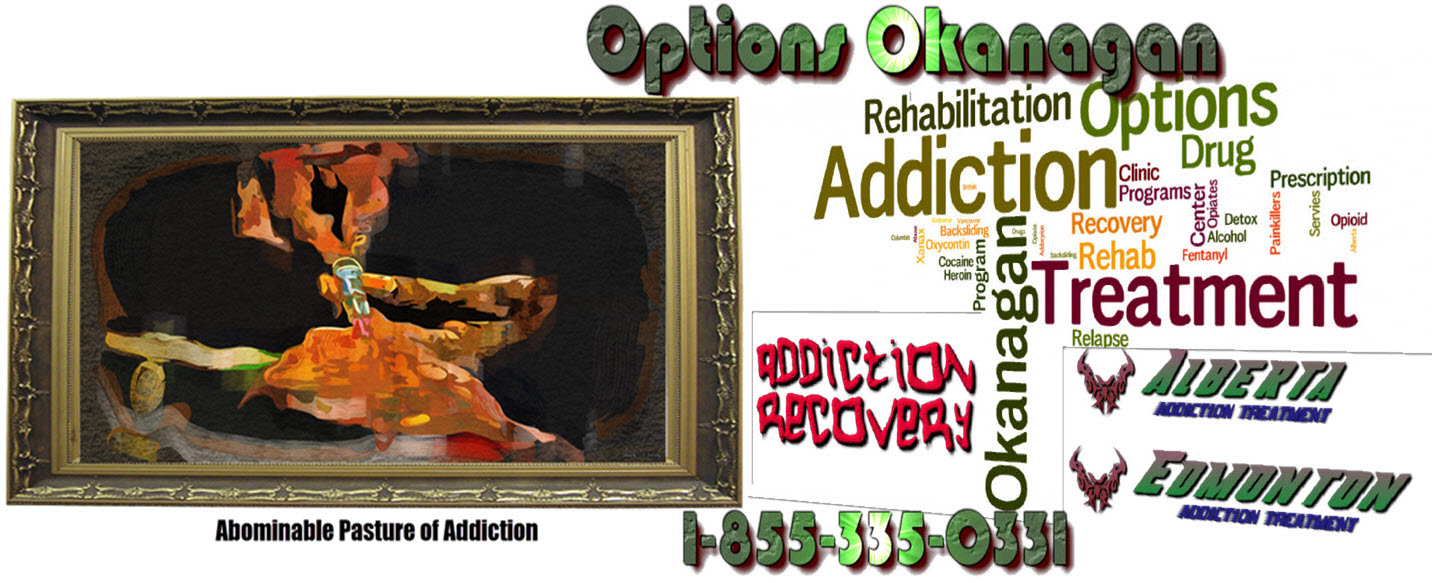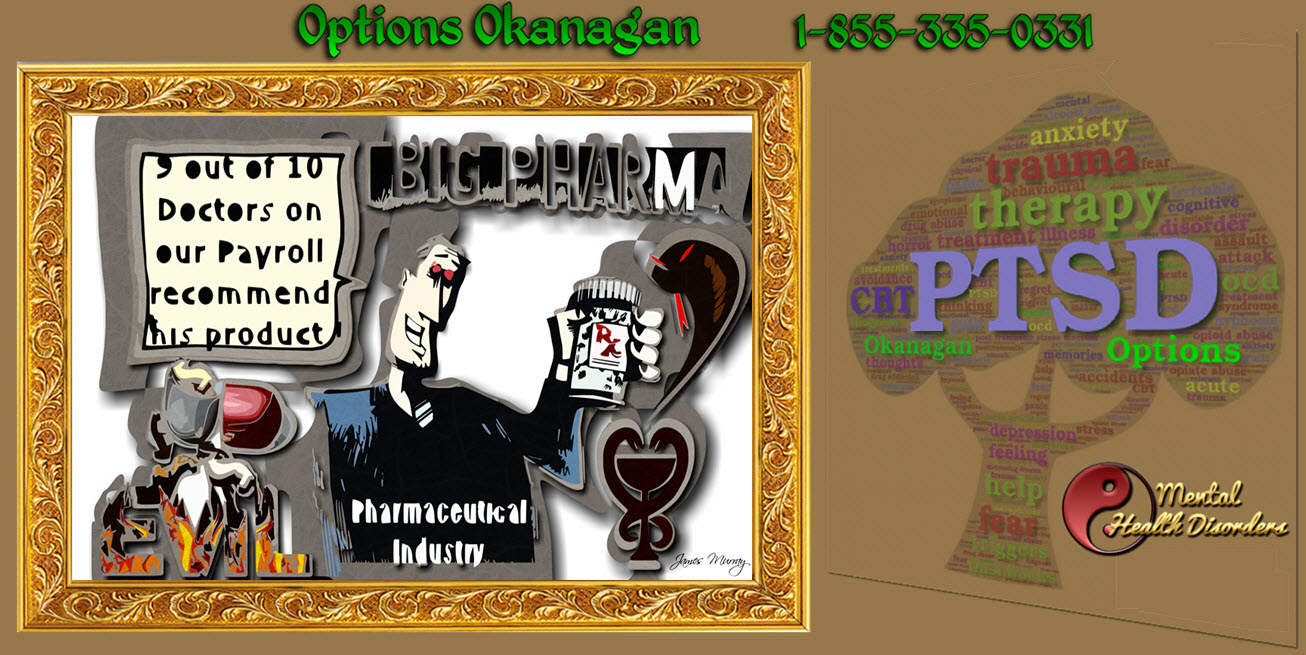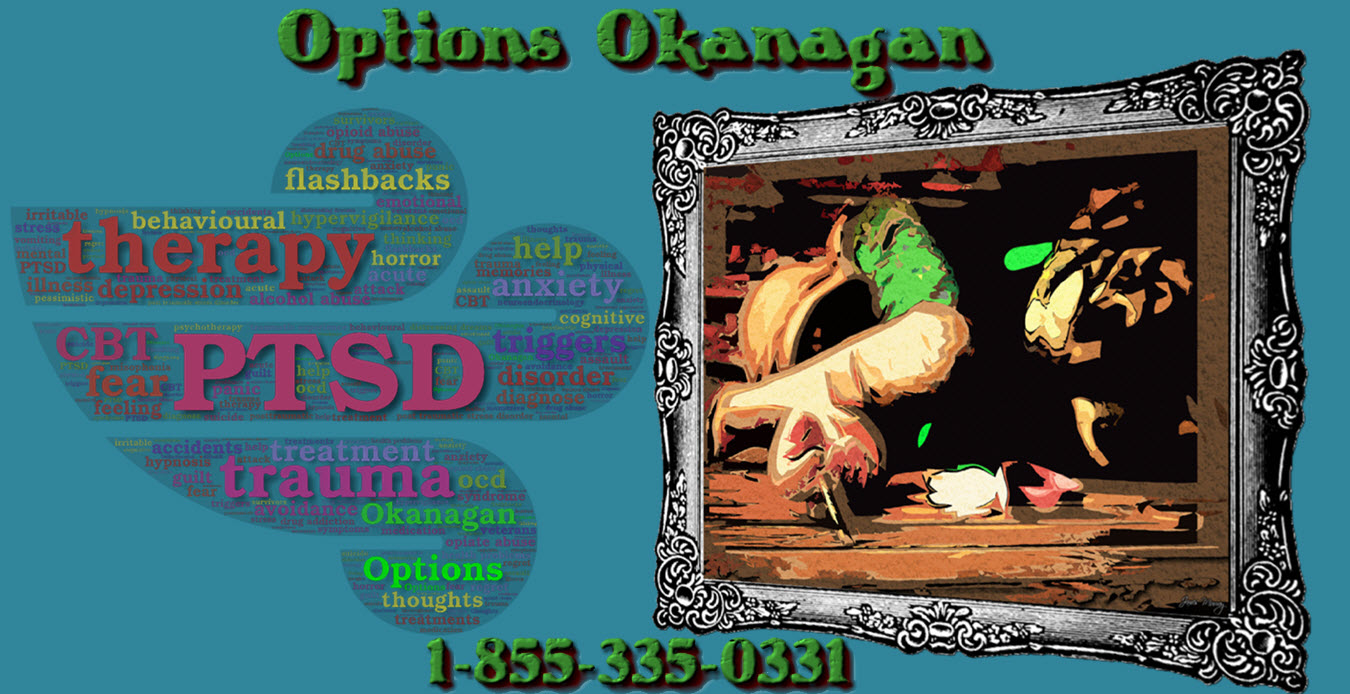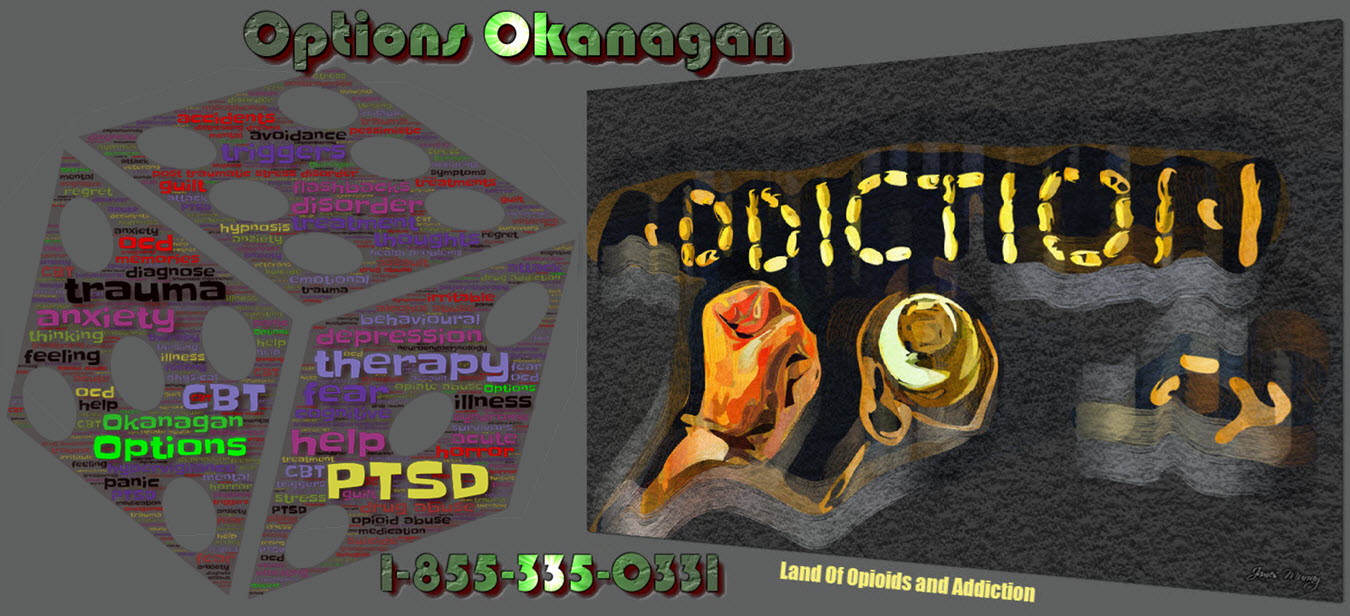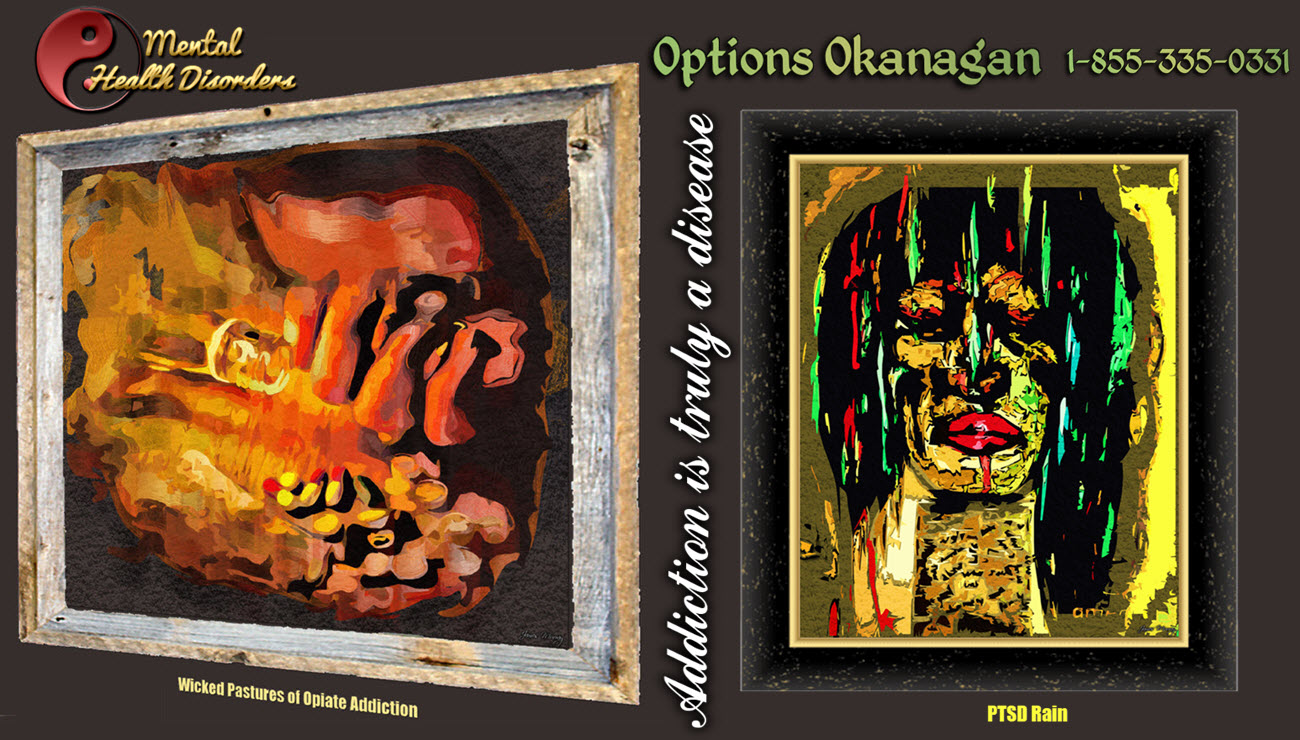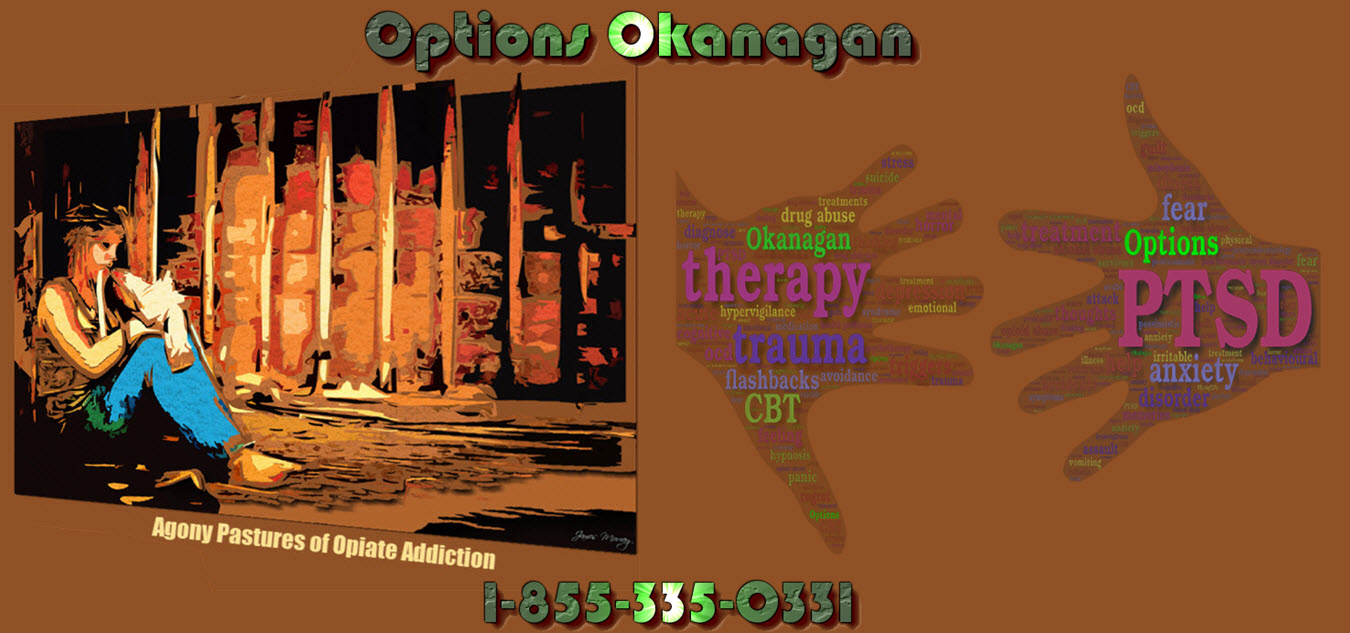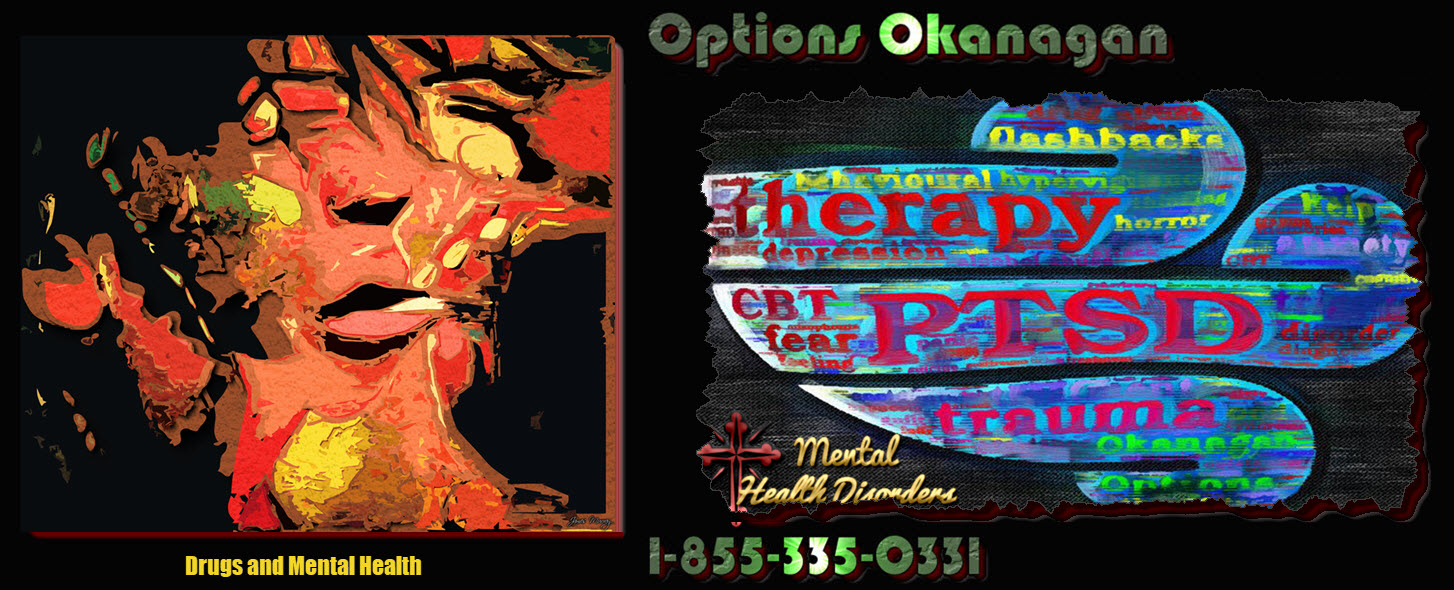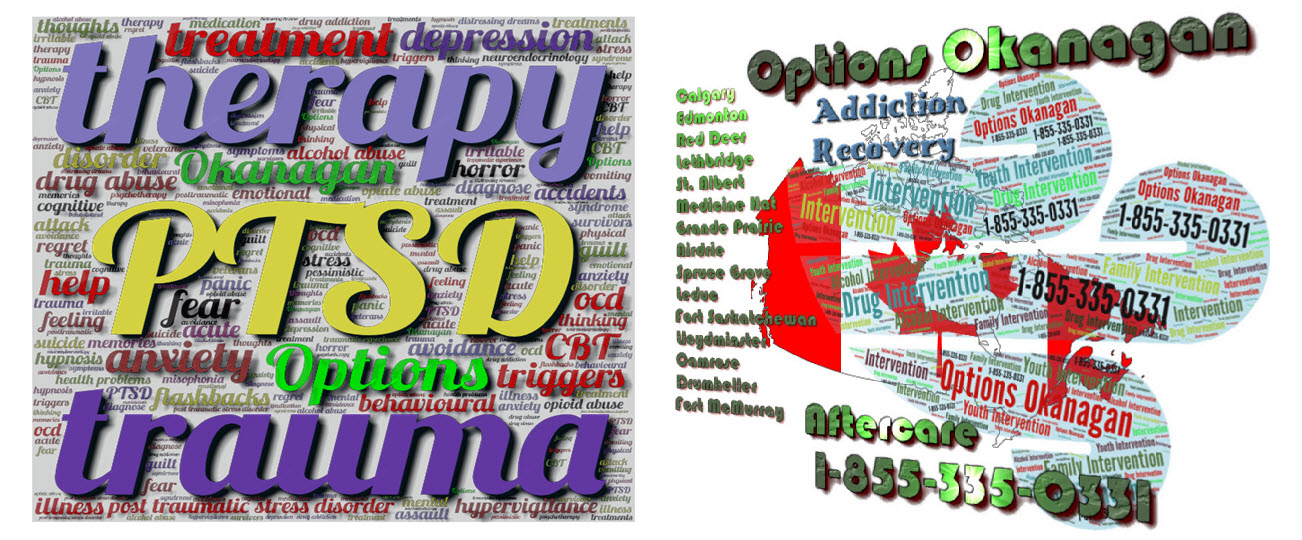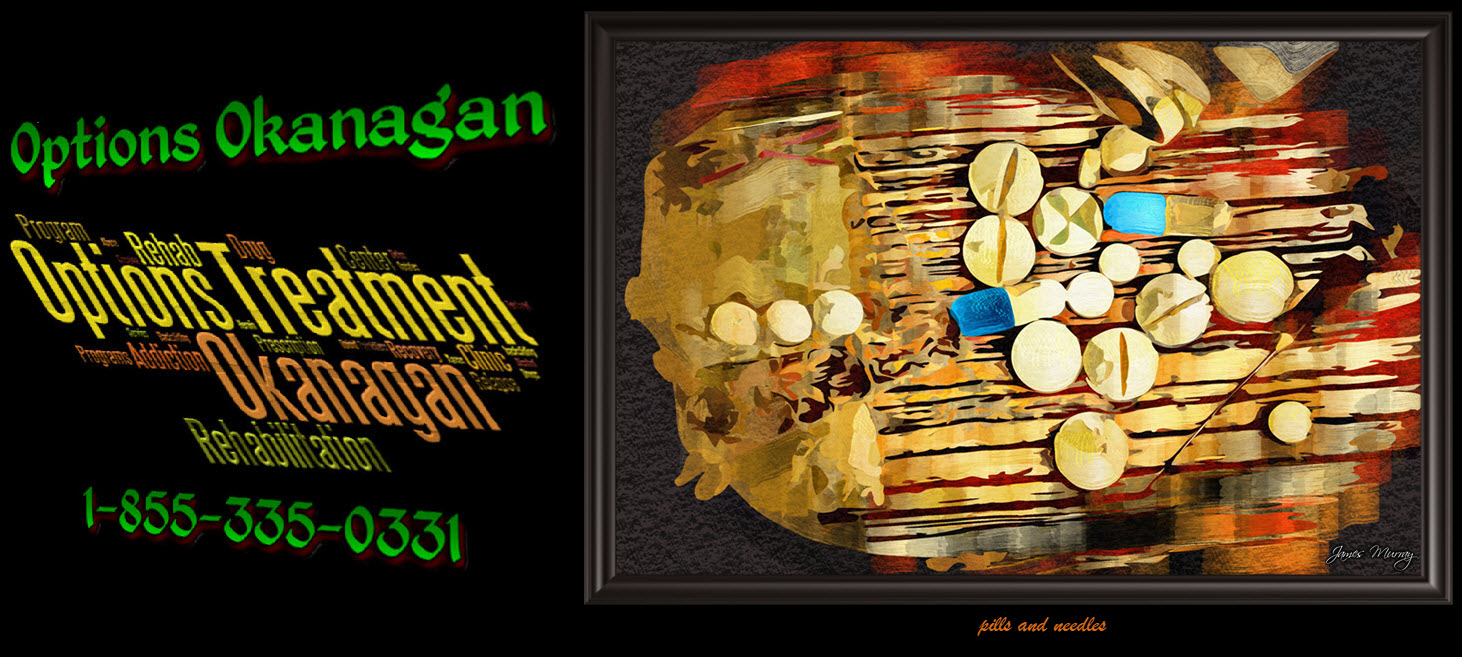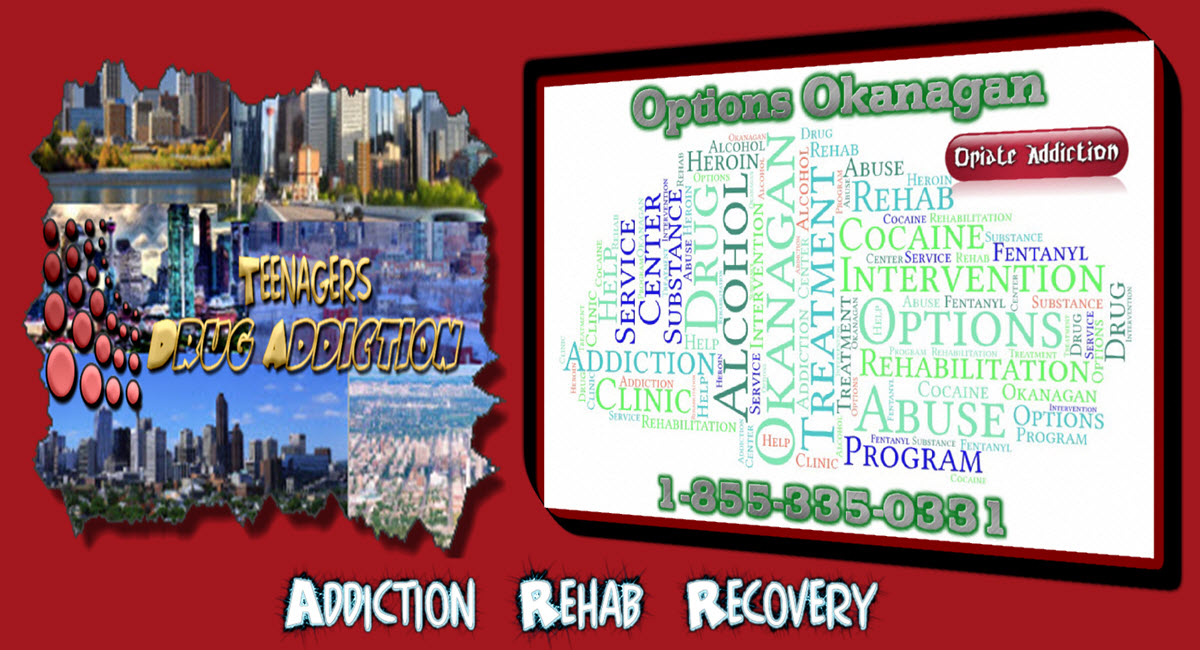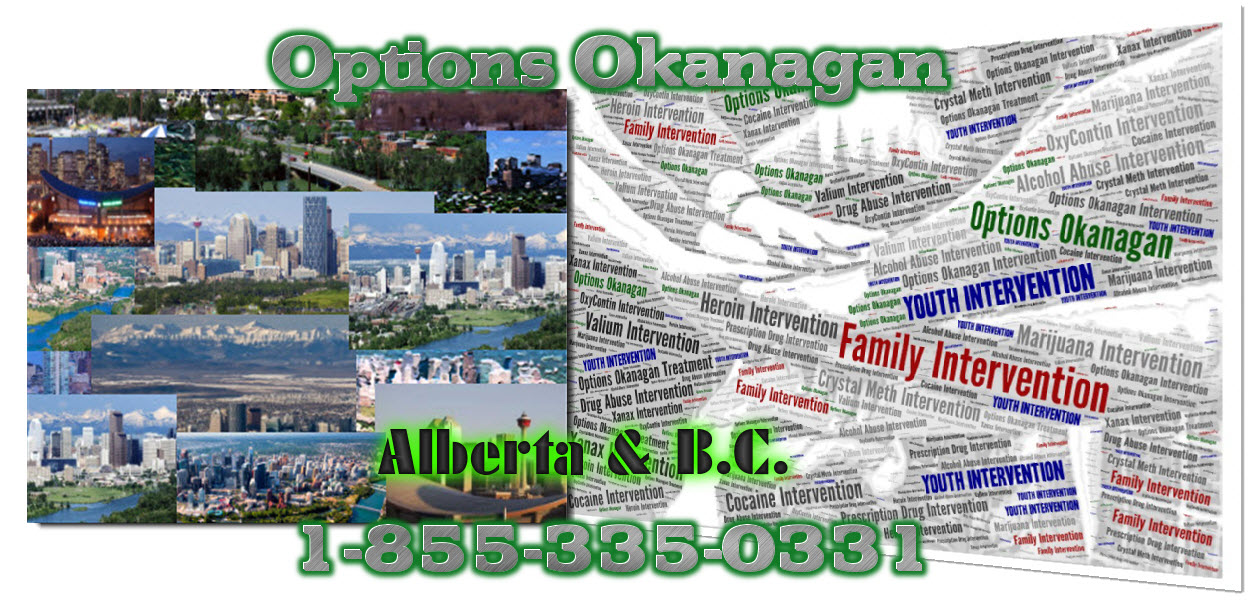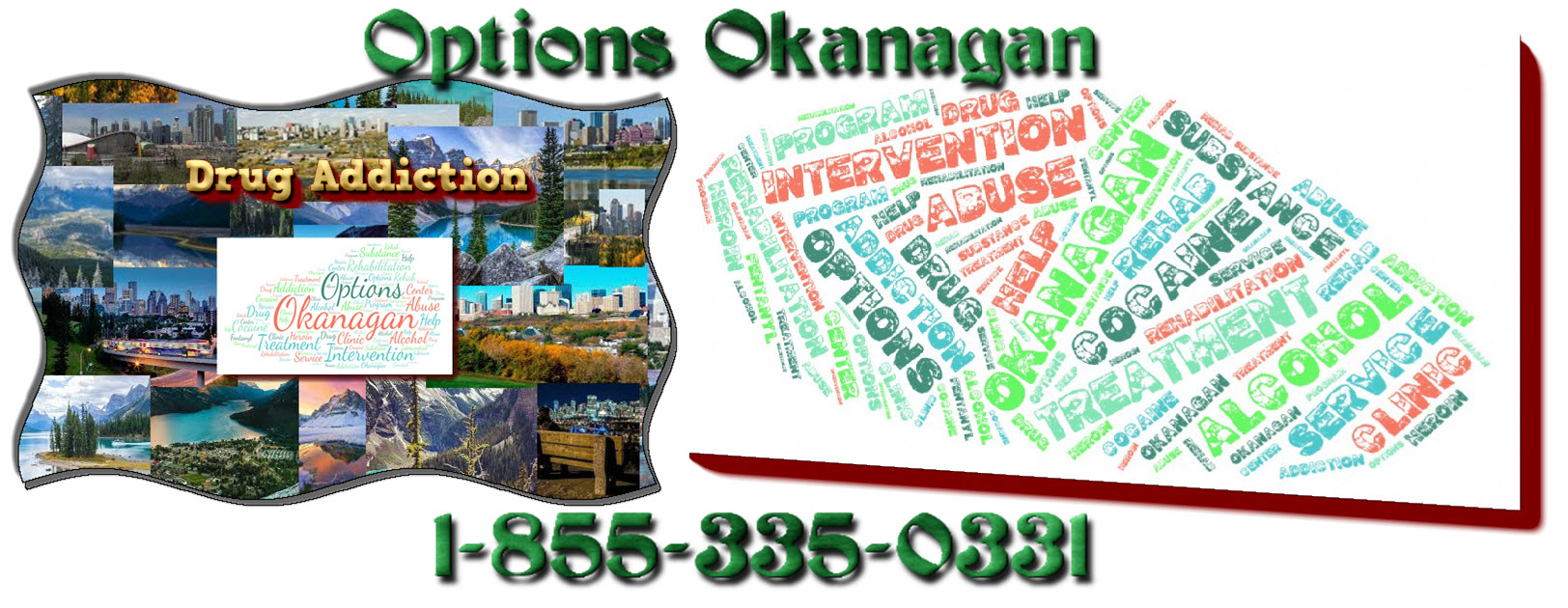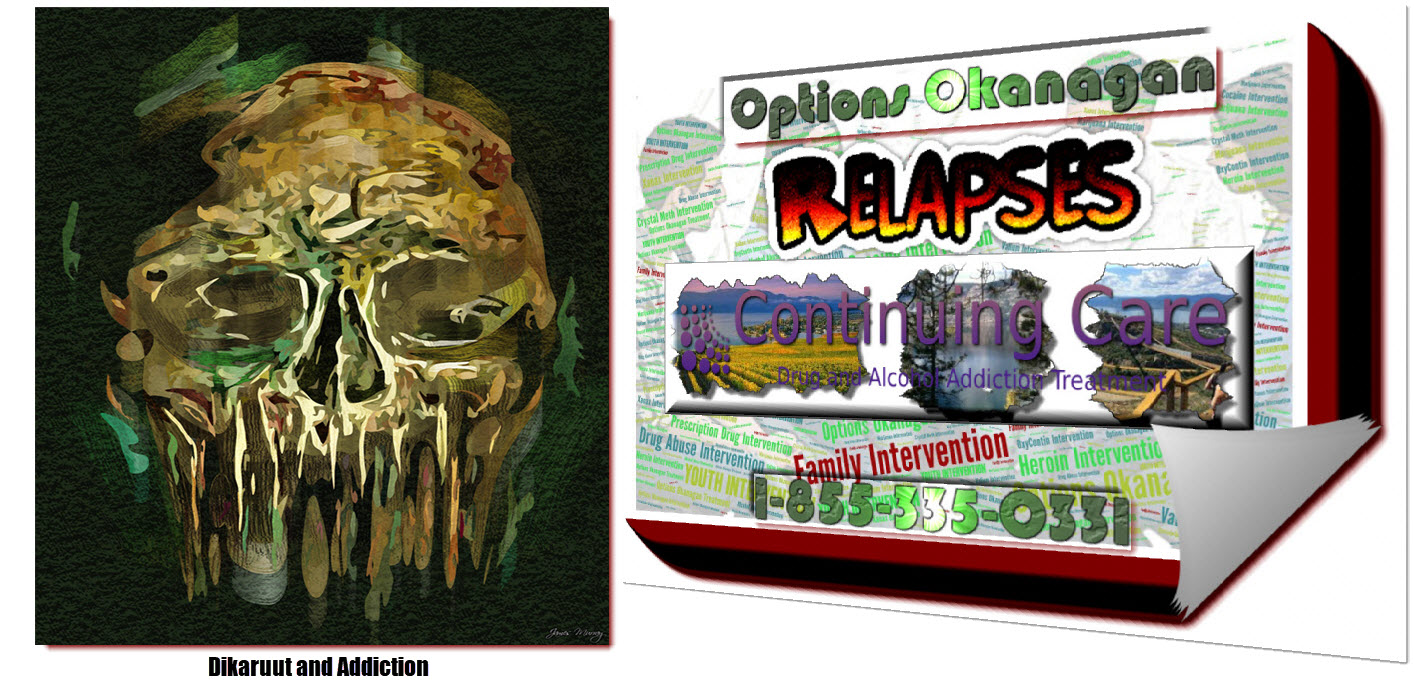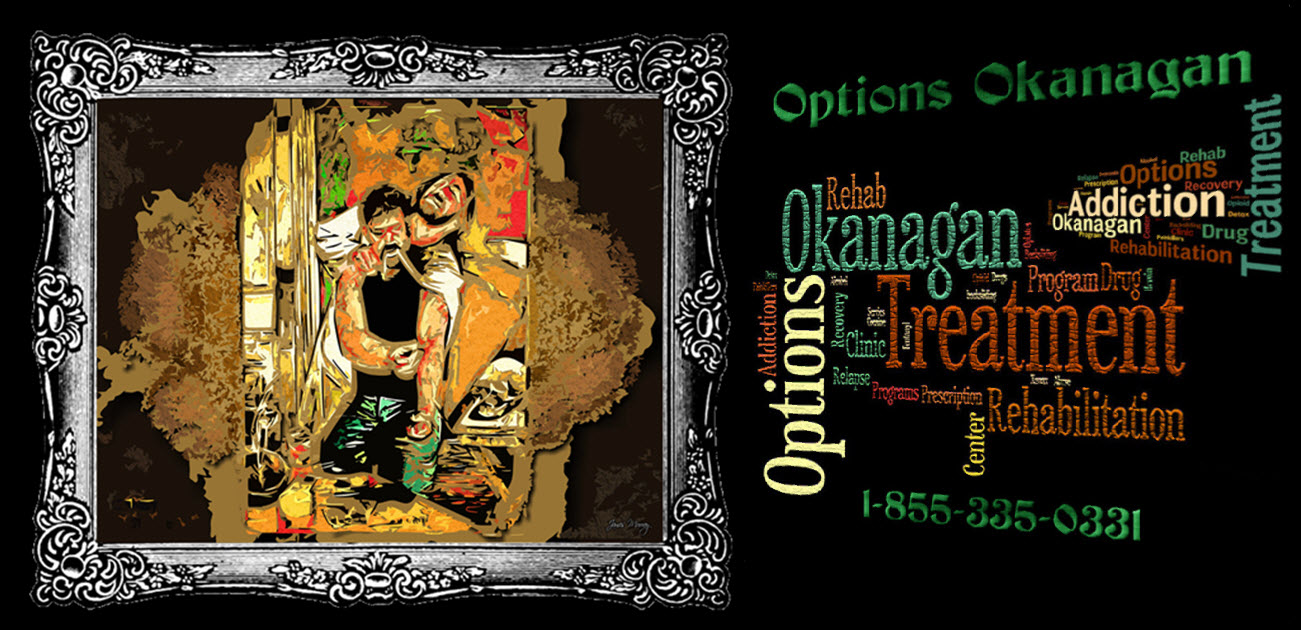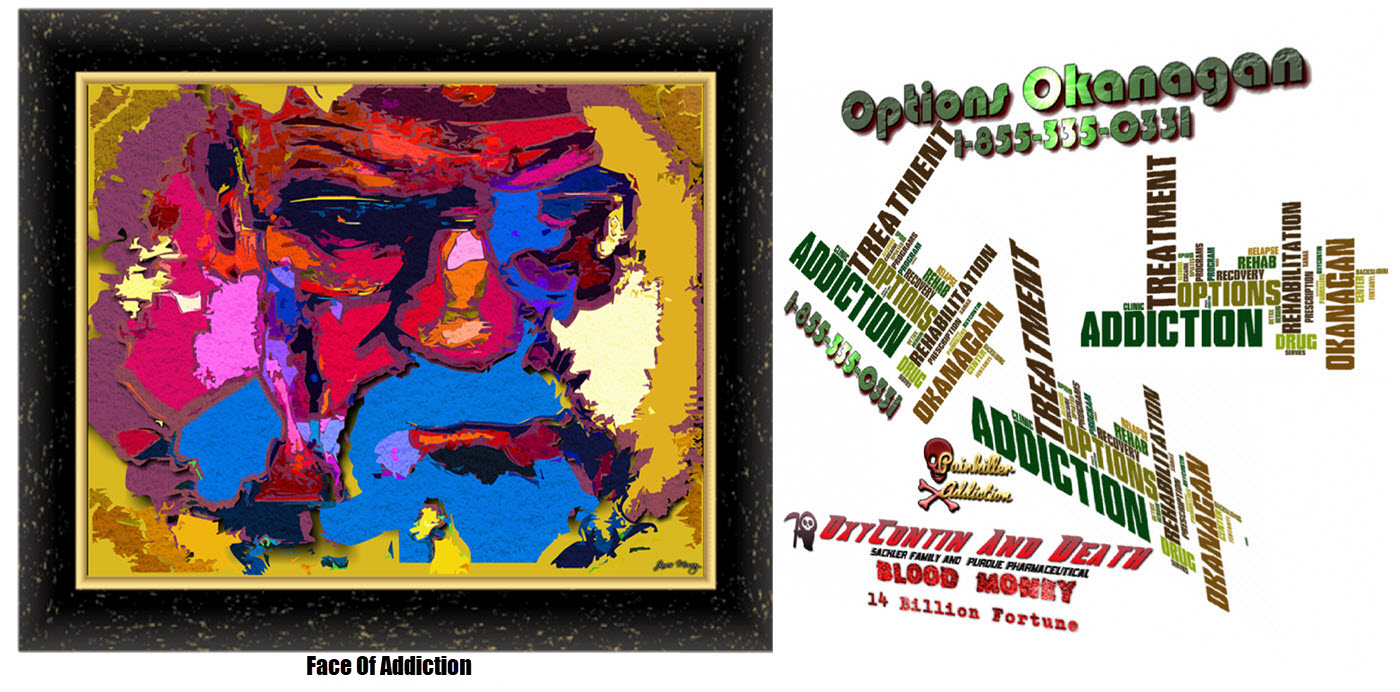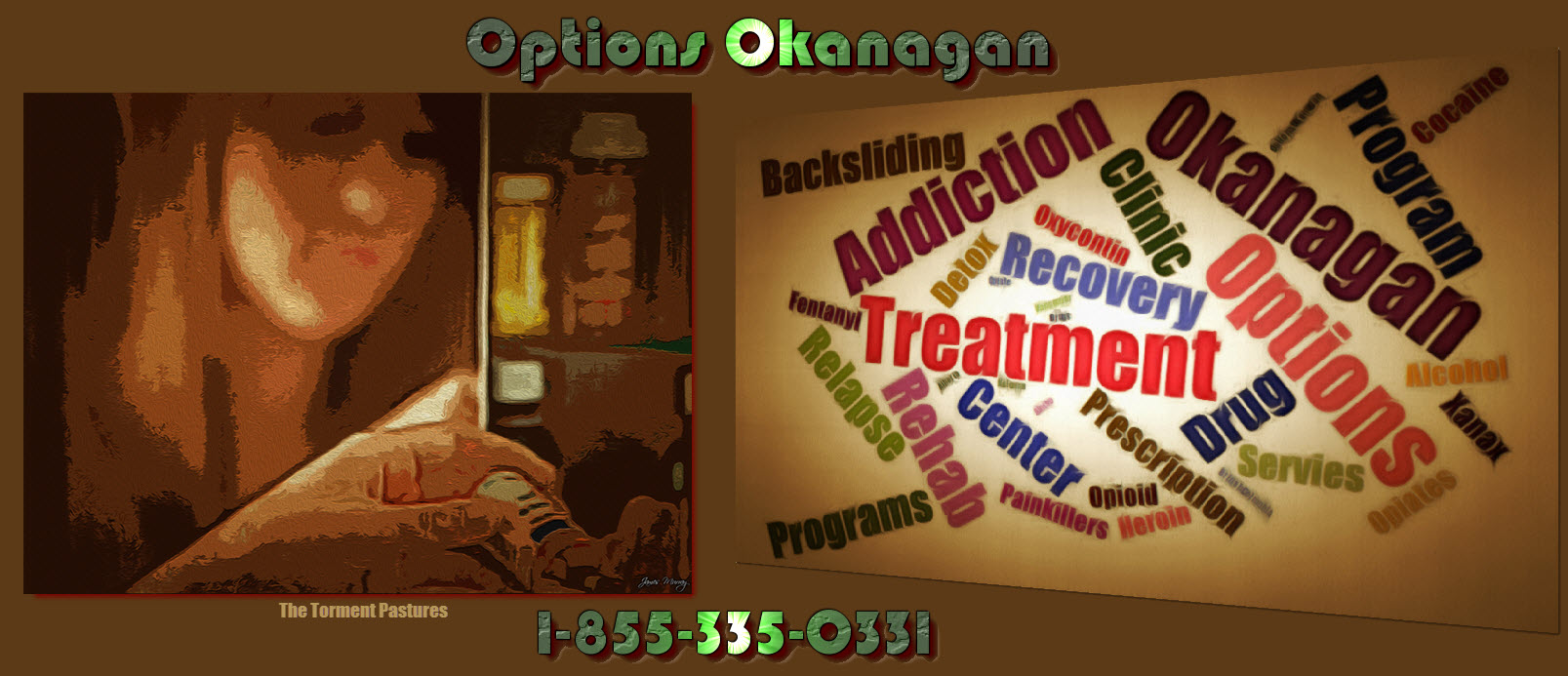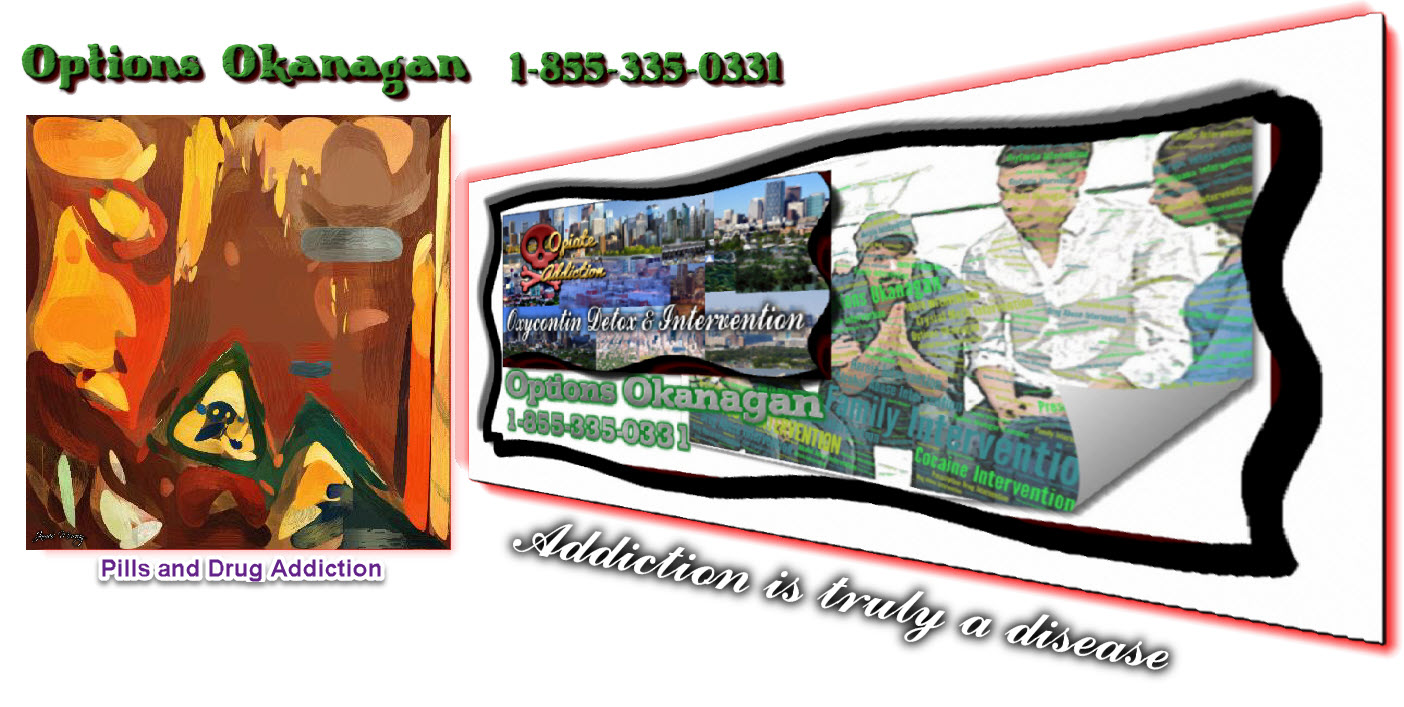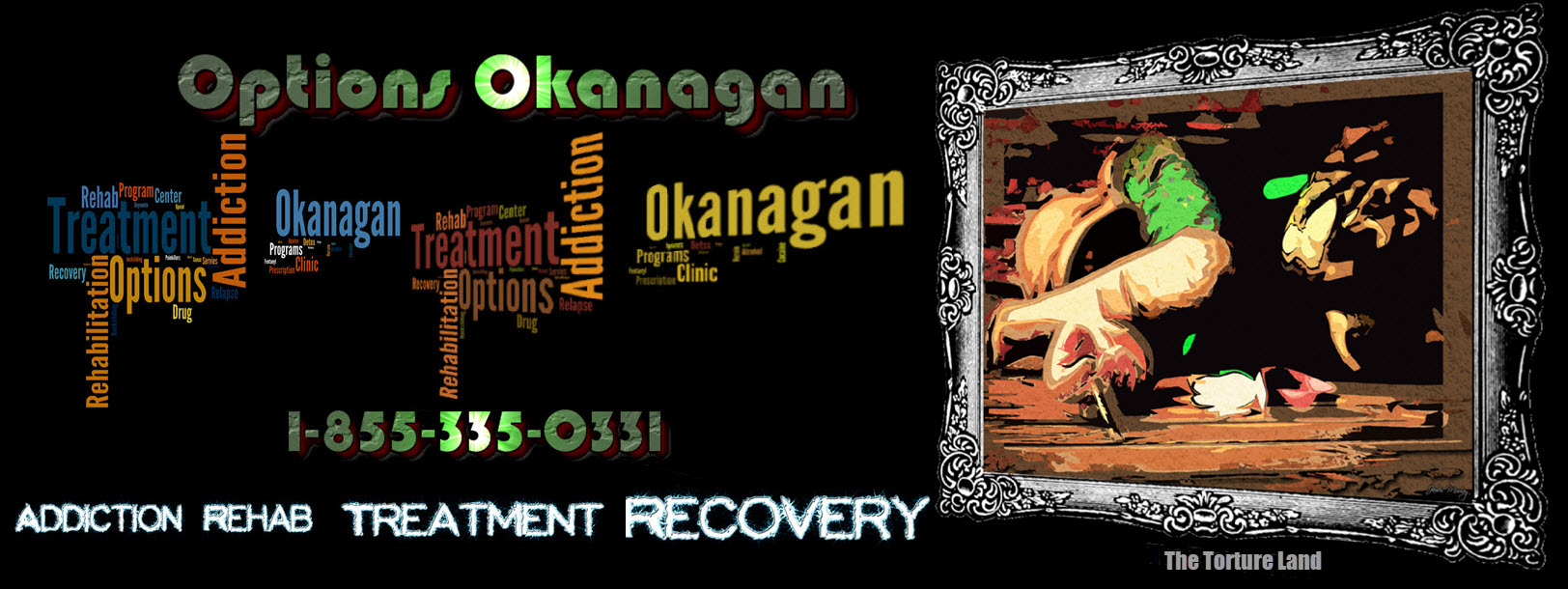Abuse of prescription drugs and subsequent addiction – Opioid and prescription drug intervention in British Columbia and Alberta – Options Treatment Center in Kelowna, British Columbia treating Prescription Drug, Opioid, OxyContin, Opiate, Fentanyl, Heroin and Alcohol addiction and recovery.
Prescription Drug Rehabs In Alberta And BC
Opioid/OxyContin Crisis Lawsuits Over 52 Billion In Remediation Payments And For Damages Related To The Opioid Crisis
November, 2020 – Johnson & Johnson, US drug distributors McKesson Corp, Cardinal Health Inc, and AmerisourceBergen Corp, CVS Health and Walgreens, Walmart, Teva Pharmaceutical Industries, Purdue Pharma and The Sackler Family settling Opioid/OxyContin Crisis lawsuits over 52 Billion in remediation payments and for damages related to the opioid crisis.
The retailers CVS and Walgreens have tentatively agreed to pay a combined total of $10 billion to settle lawsuits brought by states and local governments. These lawsuits allege that the retailers mishandled prescriptions of opioid painkillers.
Walmart has also reportedly tentatively agreed to pay $3 billion to settle a similar lawsuit. According to Bloomberg, the agreement would not be finalized until enough states, counties, and cities agree to the terms.
CVS Health has stated that, should a settlement be reached, it would pay the states a sum of approximately $5 billion over the course of 10 years, beginning in 2023. Walgreens Boots Alliance has said it would also pay around $5 billion in remediation payments over a period of 15 years.
“We believe this is in the best interest of the company and our stakeholders at this time, and allows our pharmacists, dedicated healthcare professionals who live and work in the communities they serve, to continue playing a critical role in providing education and resources to help combat opioid misuse and abuse,” Walgreens said.
CVS also said it is looking to curb opioid abuse.
As National Prescription Drug Take Back Day is observed in the United States, individuals who began using opioids during childhood share their stories in an effort to educate children and parents about the dangers of drug abuse. Despite starting drug use at a young age, these individuals were able to turn their lives around. Here’s how.
“We are pleased to resolve these longstanding claims and putting them behind us is in the best interest of all parties, as well as our customers, colleagues and shareholders,” said Thomas Moriarty, CVS’ general counsel, in a statement. “We are committed to working with states, municipalities and tribes, and will continue our own important initiatives to help reduce the illegitimate use of prescription opioids.”
More than 3,000 lawsuits have been filed against opioid manufacturers, distributors and pharmacies by US states, cities and counties, accusing them of downplaying the addiction risk and failing to stop pills from being diverted for illegal use.
More than 500,000 overdose deaths over the past two decades can be blamed on the opioid crisis in the United States. In 2021 alone, more than 80,000 people died from an overdose involving opioids.
According to government data, an estimated 9.5 million Americans age 12 and older reported misusing opioids in 2020, including 9.3 million prescription pain reliever abusers and 902,000 heroin users.
Meanwhile, synthetic opioids such as fentanyl caused nearly two-thirds of the more than 100,000 drug overdoses in the 12-month period ending April 2021, an increase of 49% from the year before, according to the CDC’s National Center for Health Statistics.
Opioid drugs are designed to mimic the pain-reducing effects of opium. This class of drugs includes prescription painkillers like morphine, oxycodone and hydrocodone, as well as illegal drugs like heroin and illicitly-produced fentanyl.
People who become dependent on opioids may experience withdrawal symptoms when they discontinue use. Dependence is often coupled with tolerance, meaning users need to take increasingly larger doses for the same effect.
Opioid Crisis Fast Facts
A federal judge ruled in August that CVS, Walgreens and Walmart must pay a combined $650.6 million to two Ohio counties for damages related to the opioid crisis. The lawsuit was initially filed in 2018 as part of federal multi-district litigation created that year to address claims against opioid manufacturers, distributors and pharmacies.
Teva Pharmaceutical Industries has announced a proposed nationwide settlement of $4.35 billion that could resolve thousands of lawsuits over the company’s alleged role in the US opioid epidemic.
March 2022, Purdue Pharma has agreed to a settlement with a group of states that will see the Sackler family pay out up to $6 billion to states, individual claimants and opioid crisis abatem. The settlement comes after Purdue Pharma’s OxyContin painkiller has been widely blamed for kickstarting the opioid crisis.
Johnson & Johnson, who owned large opium farms in Tasmania and the three largest US drug distributors – McKesson Corp, Cardinal Health Inc, and AmerisourceBergen Corp finalized a $26 billion nationwide opioid settlement in February.
Check out the TV series “Dopesick” on the The Sackler Family and the 2 Part Documentary “Crime of the Century” on Johnson & Johnson on Opium Farms and The Opioid Crisis.
Options Opiate and Alcohol Treatment Centers in Kelowna, British Columbia – Men and Women are recovering and healing from Alcohol and Drug Abuse at our treatment center here in the Okanagan right now.
Our unique and distinctive Opiate Drug and Alcohol treatment program allow men and women to come in from Calgary as well as Edmonton as we offer airport pickup.
Numerous clients come to us from Vancouver, Calgary, and Edmonton and other locations in Alberta and even other provinces for Opiate addiction treatment, heroin drug treatment, many other drugs, and alcohol addictions for rehabilitation because of the uniqueness of our treatment center.
Options Drug and Opiate Treatment Center
551 Sherrydale Crescent, Kelowna, British Columbia, V1V 2E6
Toll-Free Phone Number: 1-855-335-0331

